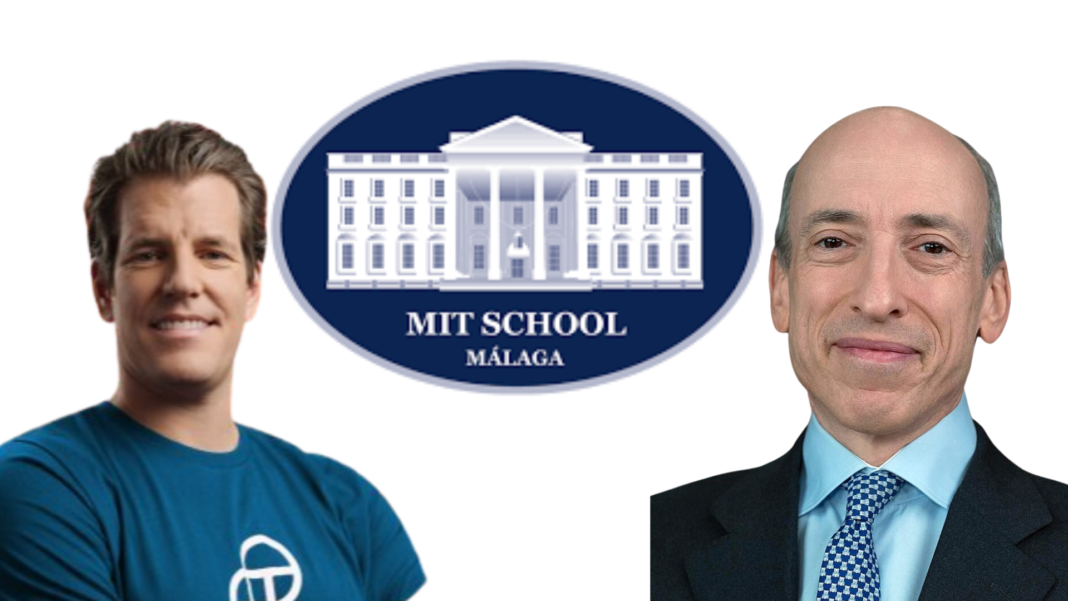In a significant development highlighting the growing tension between cryptocurrency companies and regulators.
Gemini co-founder Tyler Winklevoss has announced a comprehensive hiring ban on Massachusetts Institute of Technology (MIT) graduates.
The decisive action, announced via X (formerly Twitter), explicitly prohibits the hiring of any MIT graduates or interns at Gemini as long as the institution maintains ties with former SEC Chair Gary Gensler.
The announcement represents an unprecedented step by a major cryptocurrency exchange, directly linking educational institution affiliations with industry employment opportunities.
The move is particularly notable given MIT’s historical prominence in technology education and blockchain research, making the potential impact on both the institution and future graduates substantial.
Gary Gensler’s Return to Academia and Historical Context
The catalyst for this controversial decision is Gary Gensler’s return to MIT as a Professor of the Practice in both the Global Economics and Management Group and the Finance Group, as reported by FOX Business journalist Eleanor Terrett.
The appointment comes after Gensler’s contentious tenure as SEC Chair, during which he pursued aggressive regulatory actions against various cryptocurrency firms, including Gemini itself.
The SEC’s lawsuit against Gemini’s Earn program under Gensler’s leadership appears to have been a crucial factor in Winklevoss’s decision.
In his new academic role, Gensler will focus on artificial intelligence, finance, fintech, and public policy, subjects that ironically intersect with the very industry that has become his strongest critic.
Also Read: Tyler Winklevoss Says The Collapse Of U.S Dollar Is Happening Now, Praises Bitcoin
Escalating Industry-Regulatory Tensions
The hiring ban represents more than just an isolated incident; it symbolizes the deepening rift between cryptocurrency industry leaders and regulatory authorities.
Tyler Winklevoss has been particularly vocal in his criticism, recently characterizing Gensler as “evil” and advocating for a broader boycott of entities associated with him.
The stance reflects a growing sentiment within the crypto industry that regulatory oversight under Gensler’s SEC leadership has been excessively hostile and detrimental to innovation.
The Winklevoss brothers, along with other industry leaders, have increasingly positioned themselves as defenders against what they perceive as regulatory overreach.
Cameron Winklevoss notably characterized the current crypto bull run as “different” due to potential shifts in the regulatory environment under new political leadership.
Long-term Implications for Education and Industry Development
This situation raises significant questions about the future intersection of academia, regulation, and the cryptocurrency industry.
MIT’s reputation as a leading institution in blockchain and fintech research could be affected, potentially influencing students’ career choices and the institution’s role in crypto innovation.
The hiring ban might create a precedent for other crypto companies to take similar stances, potentially leading to a broader divide between traditional academic institutions and the cryptocurrency industry.
Moreover, the controversy highlights the complex dynamics between education, regulation, and innovation in the crypto space, with potential implications for how future generations of professionals will be trained and recruited into the industry.
The situation also underscores the cryptocurrency industry’s growing willingness to take bold, public stances against perceived regulatory adversaries, even at the potential cost of access to top talent pools.


